Brussels eyes EU sales tax, financial tax in budget overhaul
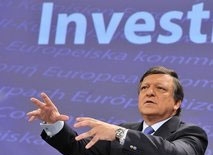 Slamming the trillion-euro 2014-2020 budget for an "unrealistic" increase, a Downing St spokesman said: "Britain will also oppose new EU taxes which will introduce additional burdens for business and damage EU competitiveness.
Slamming the trillion-euro 2014-2020 budget for an "unrealistic" increase, a Downing St spokesman said: "Britain will also oppose new EU taxes which will introduce additional burdens for business and damage EU competitiveness.
The bombshell proposals from Commission president Jose Manuel Barroso to seek new sources of revenue, aim to allow the bloc's executive arm to raise its own funds rather than depend so heavily on funding from the EU member states.
The European Union needs "an innovative budget" where "every euro spent reaches its target", Barroso said as he presented the outline of the next seven-year budget, totalling 1,025 billion euros in commitments.
Under the plan, the monies raised directly through new measures such as an EU VAT and a financial transactions tax worth some 30 billion euros a year, would bring in more than 40 per cent of EU revenue, said budget commissioner Janusz Lewandowski.
Contributions from member states, which currently account for 76 per cent of total revenue, would drop to around one third.
The remainder is funded through customs tariffs at the EU borders, a portion of VAT gathered by member states, and taxes paid by EU civil servants.
The new VAT would be levied across the 27-nation bloc, with a fixed one percentage point raised by governments and transferred directly to the EU from 2014.
To top up the EU executive's ability to levy resources, the commission suggested a "Tobin"-style tax on financial transactions in Europe -- likely to be opposed by Britain, France and Germany, which favour an international, rather than European, tax.
"We think this should be done on a global level," said a British diplomat.
Rowing over the budget is likely to continue until 2012, with the European parliament also likely to step in with its opinion on spending.
After British Prime Minister David Cameron brought his battle for austerity to Brussels, the size of the budget will come in the line of fire.
Compared to the current 2007-2013 budget, Brussels is suggesting a five per cent hike.
Barroso, who also announced a change in spending priorities, said "all governments want Europe to do more."
He said less cash would go to the Common Agricultural Policy in favour of trans-EU networks, telecommunications and transport, with the accent wherever possible on the greening of the European economy.
The proposed budget "contains some good ideas on simplification, re-prioritization of spending and new sources of revenue," said analyst Sony Kapoor.
But the Commission also stepped into contentious ground by suggesting a sweeping reform of EU 'rebates', the system of paybacks to certain member states which notably include a huge rebate to London negotiated decades back by Margaret Thatcher.
She had argued in the mid-1980s that "I want my money back" because Britain was paying too much in comparison to its wealth, while much of the budget went to farmers on the continent, specially in France, with little to London.
Scrapping rebates for "a lump sum" would also affect Germany, the Netherlands, Austria and Sweden.
The British spokesman said London "will continue to protect the rebate"
"Without it, the UK?s net contribution as a percentage of national income would be the largest across the EU, twice as large as France's and Italy's, and almost one and a half times bigger than Germany's."
What the stars mean:
★ Poor ★ ★ Promising ★★★ Good ★★★★ Very good ★★★★★ Exceptional
 Tag:
Tag:
Related Contents
Latest News
More News
- Tropical storm Trami leaves at least 24 people dead in Philippines (October 24, 2024 | 17:36)
- Singapore grants conditional approval for solar power import from Australia (October 24, 2024 | 17:27)
- ASEAN digital economy set to reach $2 trillion by 2030 (October 22, 2024 | 15:08)
- Thailand asks Laos to waive visa fee at border checkpoints to boost tourism (October 21, 2024 | 17:23)
- Laos pledges to continue efforts to empower girls (October 21, 2024 | 17:17)
- Chinese electric vehicle maker to build plant in Indonesia (October 21, 2024 | 17:12)
- Vietnam Elevator Association introduces Elevator Safety Application to the world (October 18, 2024 | 09:00)
- A taste of the future - the go-to spot at the Worldchefs Congress & Expo 2024 (October 15, 2024 | 16:11)
- Jakarta to impose household waste levy (October 14, 2024 | 16:49)
- China, Laos plan to build connectivity development corridor with Thailand (October 14, 2024 | 16:19)





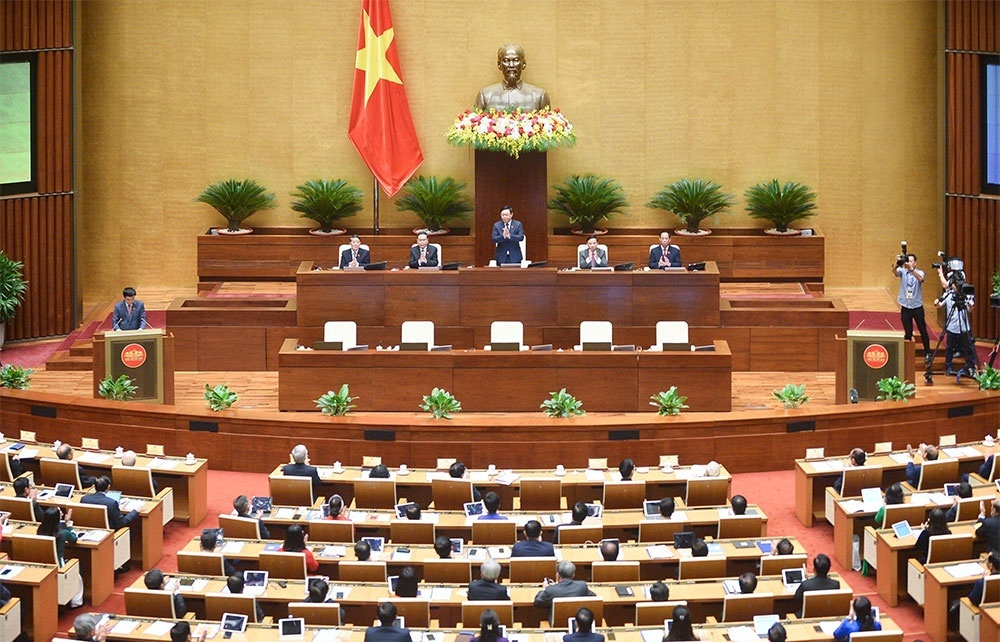
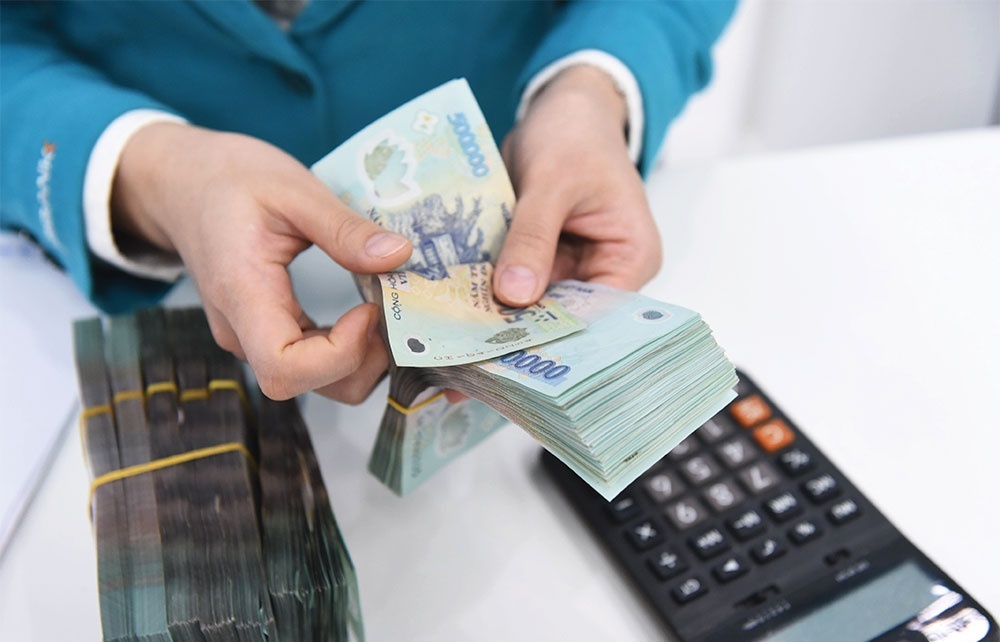
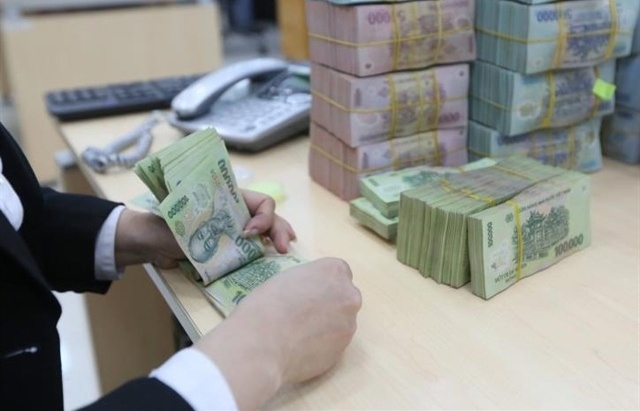
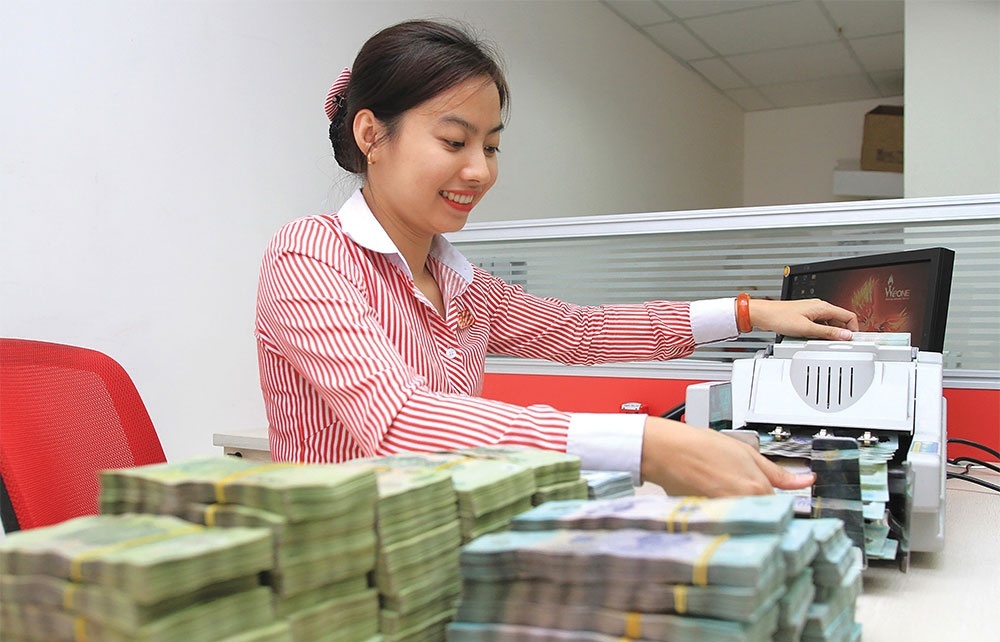

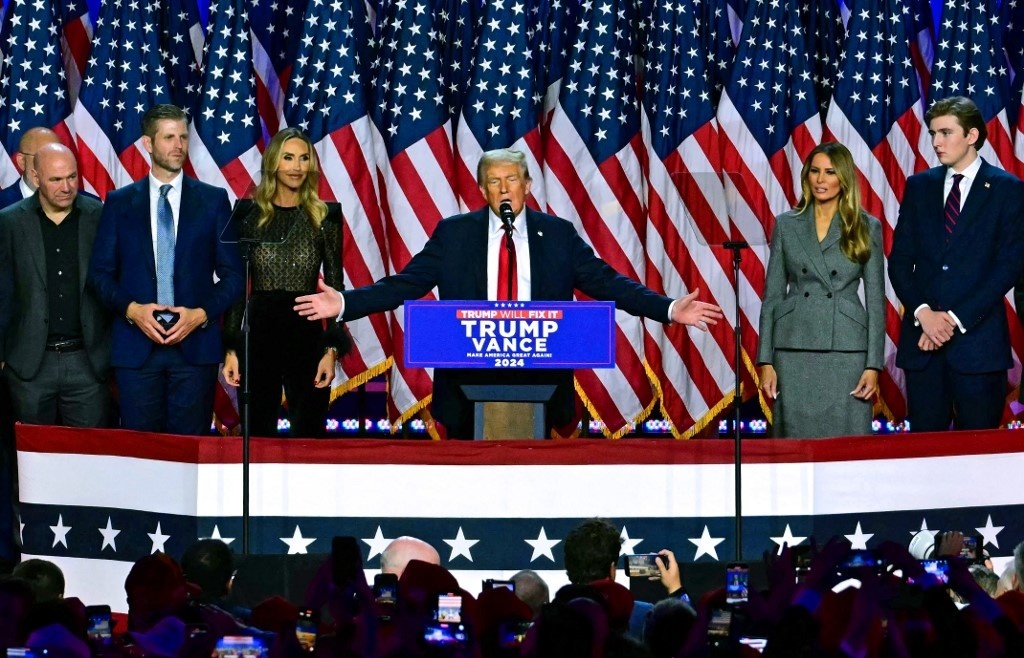

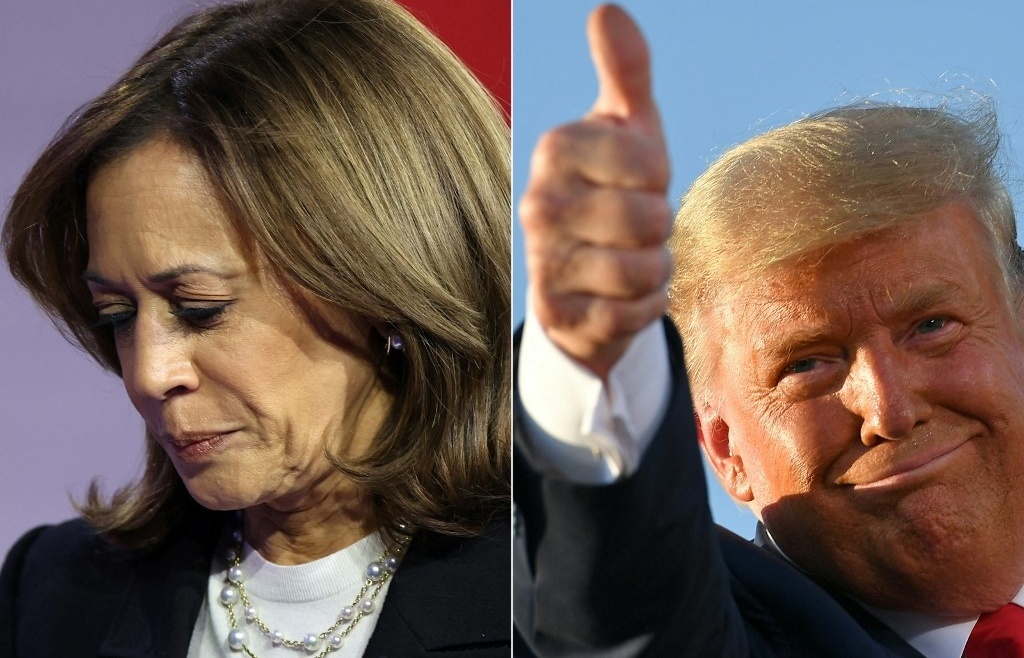










 Mobile Version
Mobile Version